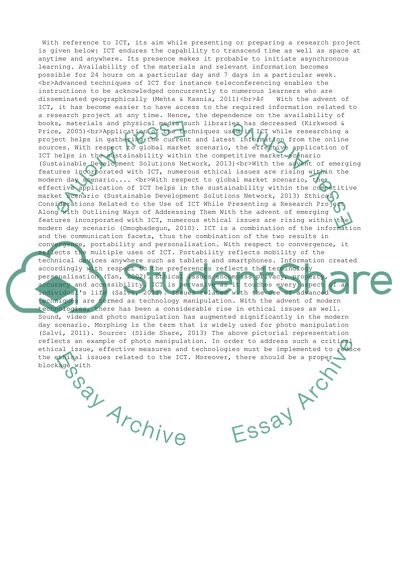Cite this document
(“Using ICT When Presenting a Research Project Essay”, n.d.)
Retrieved from https://studentshare.org/business/1478836-using-ict-when-presenting-a-research-project
Retrieved from https://studentshare.org/business/1478836-using-ict-when-presenting-a-research-project
(Using ICT When Presenting a Research Project Essay)
https://studentshare.org/business/1478836-using-ict-when-presenting-a-research-project.
https://studentshare.org/business/1478836-using-ict-when-presenting-a-research-project.
“Using ICT When Presenting a Research Project Essay”, n.d. https://studentshare.org/business/1478836-using-ict-when-presenting-a-research-project.


